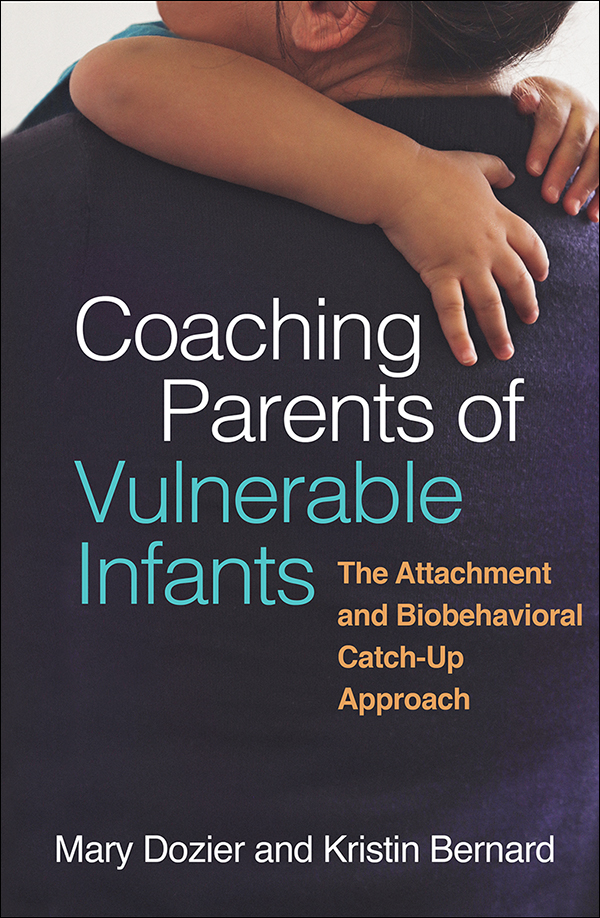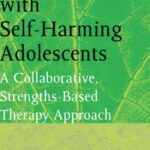This is the authoritative presentation of Attachment and Biobehavioral Catch-Up (ABC), the widely disseminated, evidence-based home-visiting intervention for parents of infants who have experienced adversity, such as homelessness, neglect, or institutional care. Vivid case examples–including one that runs throughout the book–illustrate the importance of responsive parenting for helping children develop secure attachments and key regulatory capacities. Over the course of 10 coaching sessions incorporating extensive in-the-moment comments and video feedback, ABC enhances parents’ ability to follow their children’s lead, nurture when children are distressed, and avoid frightening behaviours. In a readable, accessible style, chapters describe adaptations for different populations (high-risk birth parents, foster parents, parents who have adopted internationally, and parents of toddlers) and provide guidelines for training and implementation.
Contents:
- 1. Introduction to Attachment and Biobehavioral Catch-Up
- 2. Attachment
- 3. Development of the ABC Intervention
- 4. ABC for High-Risk Birth Parents
- 5. ABC for Foster Parents
- 6. ABC for Parents Adopting Internationally
- 7. ABC for Parents of Toddlers
- 8. The Evidence Base for ABC
- 9. Intervention Fidelity
- 10. Disseminating ABC
- 11. Other Interventions Targeting Sensitive Parenting
- 12. Power of Two
- 13. Fostering Relationships, with Caroline K. P. Roben
- 14. Future Directions
Author Bio:
Mary Dozier, PhD, is Professor of Psychological and Brain Sciences and Amy E. DuPont Chair in Child Development at the University of Delaware. Since the 1990s, she has studied the development of young children in foster care and those living with neglectful birth parents. Dr. Dozier developed the Attachment and Biobehavioral Catch-Up (ABC) intervention and is currently conducting randomized clinical trials examining ABC’s effectiveness with high-risk birth children, foster children, and internationally adopted children.
Kristin Bernard, PhD, is Assistant Professor of Psychology at Stony Brook University. As Director of the Developmental Stress and Prevention Lab, she is interested in how early-life stress influences children’s neurobiological and behavioural development and how optimal caregiving and preventative interventions may buffer at-risk children from problematic outcomes.





